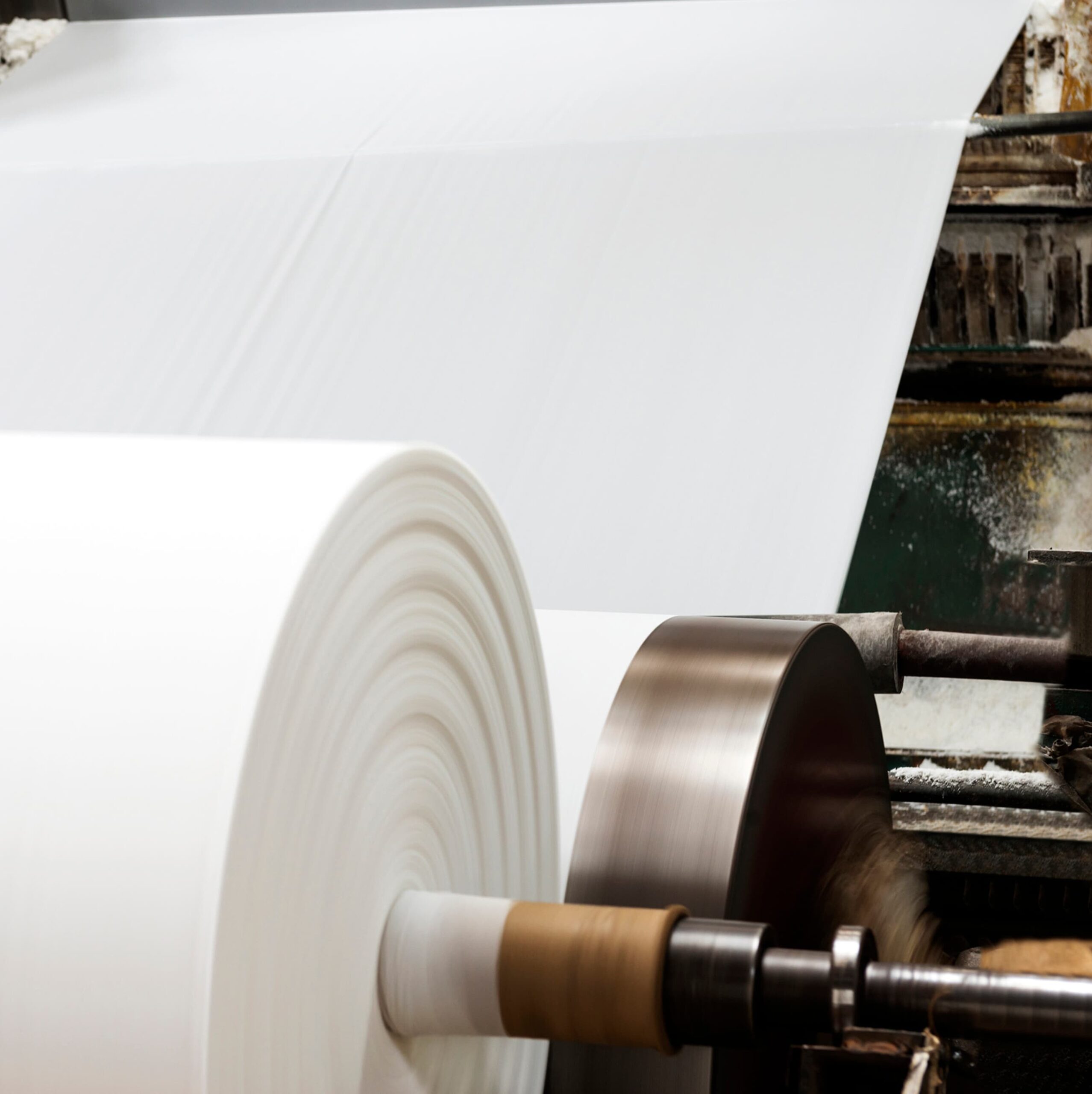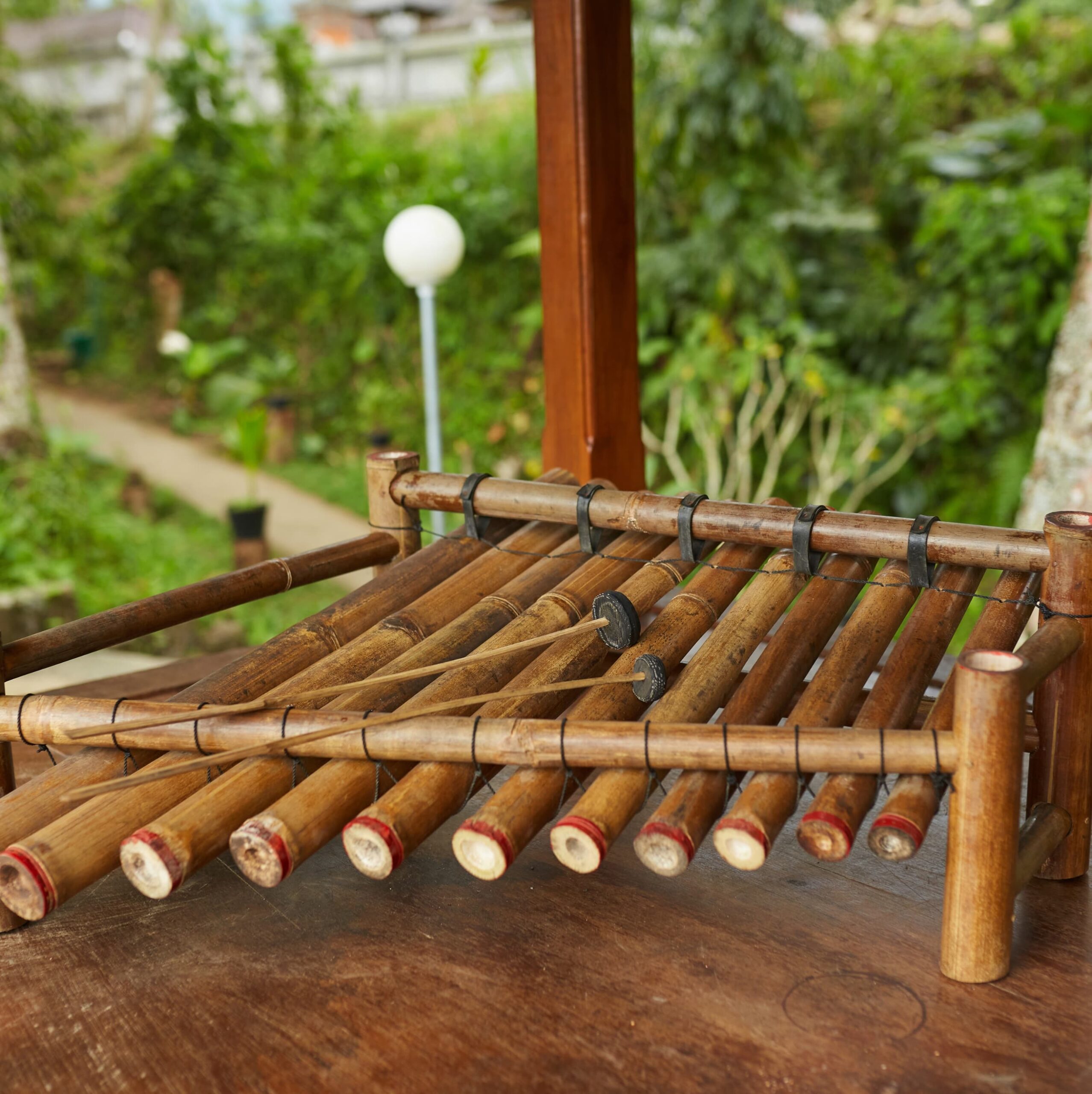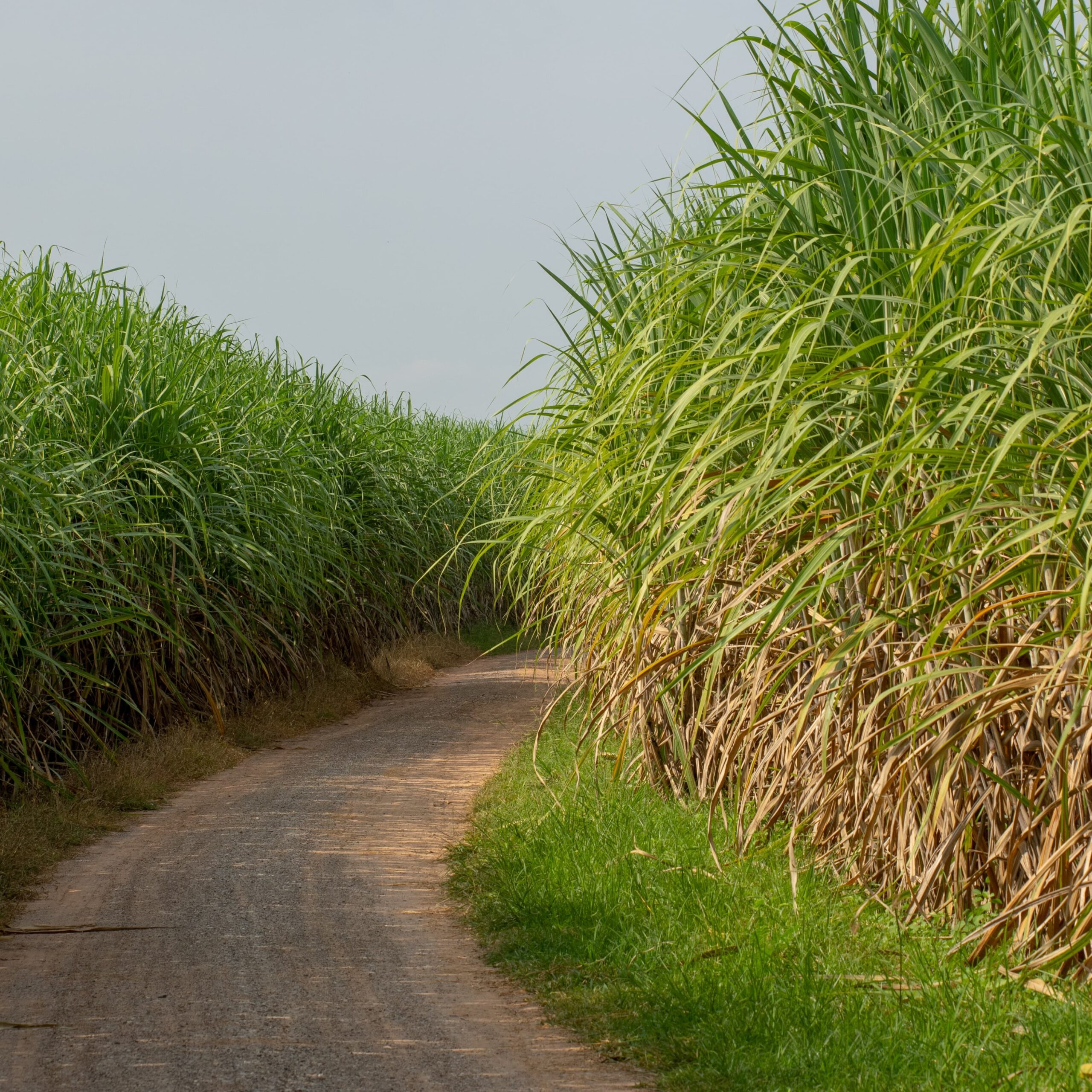Application of Bamboos
Applications of Bamboo

Versatility Across Industries
Construction and Building Materials
- Strength and Flexibility: Bamboo has a tensile strength of 28,000 pounds per square inch, surpassing that of steel (23,000 psi). It’s used in building materials like flooring, scaffolding, and even in earthquake-resistant housing.
- Sustainable Alternative: Utilizing bamboo reduces the demand for hardwoods. For example, one hectare of bamboo can produce as much building material as 20 hectares of trees.
Textiles and Fabrics
- Eco-Friendly Fibers: Bamboo produces 35% more oxygen than trees and can yield 60 tons of Fiber per hectare, compared to 1-2 tons from cotton.
- Sustainable Production: Bamboo requires less water than cotton—approximately 30% less—and doesn’t need pesticides, making it an environmentally friendly textile source.


Paper and Packaging
- Renewable Pulp Source: Bamboo can produce up to 80 tons of pulp per hectare, while trees yield only 20-30 tons.
- Biodegradable Materials: Bamboo packaging decomposes naturally within 4-6 months, reducing landfill waste and environmental impact.
Musical Instruments
- Acoustic Properties: The natural resonance of bamboo makes it ideal for instruments. Bamboo’s density and hollow structure enhance sound quality, used in traditional and modern instruments globally.


Agriculture and Livestock
- Practical Farming Uses: Bamboo poles serve as durable stakes and trellises, with a lifespan of 3-5 years in the field.
- Soil Enhancement: Bamboo leaf litter adds nutrients back into the soil, increasing soil organic matter by 20% over five years.
